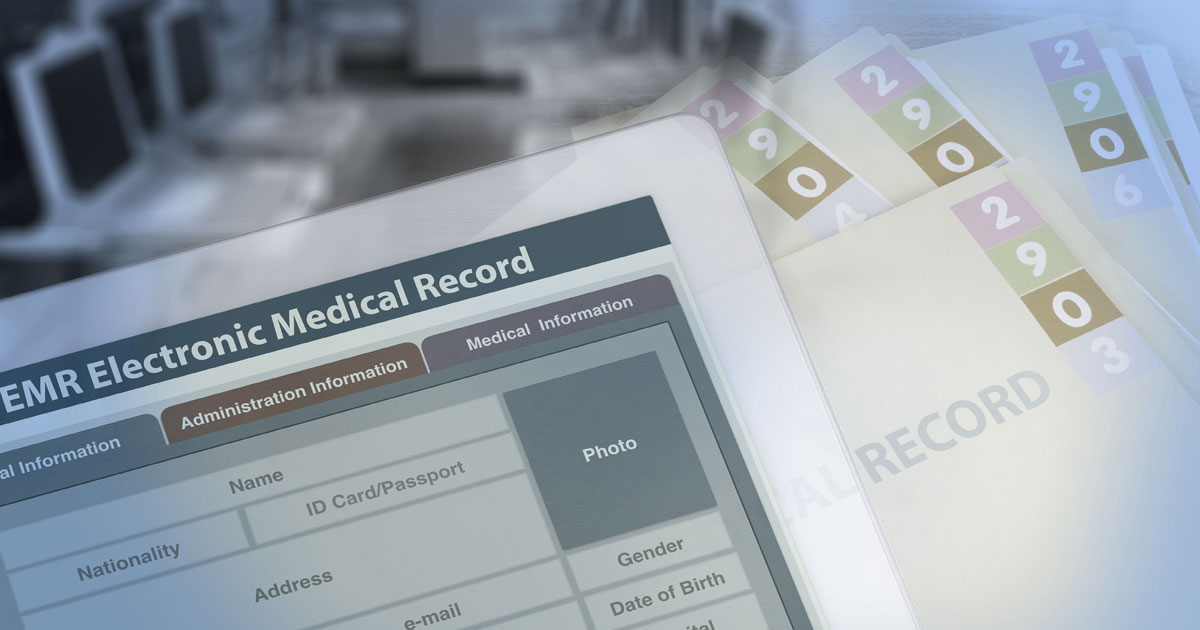Flemington Alimony Lawyers
Spousal support – often referred to as alimony – is typically a concern in most divorces, particularly those involving a high number of assets and long-lasting marriages of over 20 years. Alimony is a payment from one spouse to the other to maintain a similar standard of living as during the marriage. The amount and length of time alimony is paid depends upon several factors unique to each divorcing couple.
How Is Alimony Calculated in New Jersey?
In determining appropriate alimony arrangements, the court must consider all factors affecting each spouse’s standard of living both during and after the marriage and into the future. When making alimony decisions, the court considers many factors, including but not limited to the following:
- Length of the marriage
- Age and health of both spouses
- Both spouses’ income
- Each spouse’s ability to earn income
- Standard of living during the marriage
- Length of time one spouse raised children instead of employment
- Stipulations of existing prenuptial or postnuptial agreements
- Any other relevant factors
Most divorcing couples can agree on alimony and all other decisions through alternative dispute resolutions (ADR), such as mediation or collaborative divorce. ADR allows spouses to have peaceful and meaningful negotiations facilitated by a neutral third-party mediator, saving time and money and preserving familial relationships. Sometimes, however, the Court must intervene to make an official determination.
What Are the Different Types of Alimony in New Jersey?
In New Jersey, there are several types of alimony:
- Open durational alimony: Open durational alimony may be granted if the spouses were married 20 years or more.
- Pendente lite alimony: This is typically granted to the dependent spouse to cover living expenses during the divorce.
- Limited duration alimony: Limited duration alimony provides time for the spouse who earned less income during the marriage to build income and a similar standard of living as experienced during the marriage.
- Rehabilitative alimony: Rehabilitative alimony applies in divorce cases where one spouse earned less income to serve as the children’s primary caretaker or another valuable role in the marriage.
- Reimbursement alimony: Payments are established to reimburse one spouse who provided financial support to the other during the marriage for career education or training.
When Does Alimony End?
Alimony may end when the paying spouse retires, either spouse has a drastic change in financial circumstances, or when one spouse begins living with a new partner.
How Can a Flemington Alimony Lawyer Help Me?
You need a knowledgeable, compassionate, and empathetic Flemington alimony lawyer regarding your financial future. At Tune Law Group, LLC, our lawyers can be valuable allies when you need it most, providing neutral, unbiased advisement, sound legal guidance, and a source of support to help you make informed decisions regarding your future.
If you have questions or concerns about alimony arrangements or your former spouse defaults on payments, Tune Law Group, LLC can help. Our team is dedicated to protecting your rights; your best interests are always our top priority.
Our Flemington Alimony Lawyers at Tune Law Group, LLC Help Clients Establish Fair and Reasonable Alimony Agreements
Alimony can become a contentious issue during a divorce, but we can help. Our experienced Flemington alimony lawyers at Tune Law Group, LLC can help answer your questions and concerns, provide guidance, and develop a fair agreement. Call 908-434-1061 or contact us online to schedule a free initial consultation. Located in Whitehouse Station, New Jersey, we serve clients in and around Hunterdon County, Monmouth County, Whitehouse, and Tewksbury.



